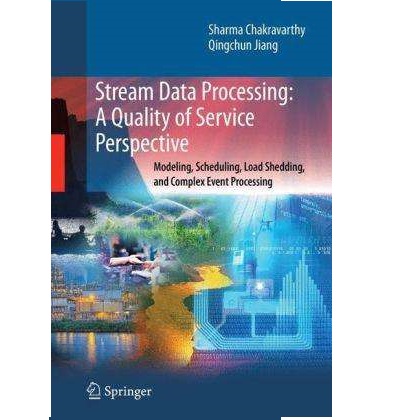Incorporating mobile edge computing (MEC) in Internet of Things (IoT) enables resource-limited IoT devices to offload their computation tasks to a nearby edge server. In this paper, we investigate an IoT system assisted by the MEC technique with its computation task subjected to sequential task dependency, which is critical for video stream processing and other intelligent applications. To minimize energy consumption per IoT device while limiting task processing delay, task offloading strategy, communication resource, and computation resource are optimized jointly under both slow and fast fading channels. In slow fading channels, an optimization problem is formulated, which is non-convex and involves one integer variable. To solve this challenging problem, we decompose it as a one-dimensional search of task offloading decision problem and a non-convex optimization problem with task offloading decision given. Through mathematical manipulations, the non-convex problem is transformed to be a convex one, which is shown to be solvable only with the simple Golden search method. In fast fading channels, optimal online policies depending on instant channel state are derived even though they are entangled. In addition, it is proved that the derived policy will converge to the offline policy when channel coherence time is low, which can help to save extra computation complexity. Numerical results verify the correctness of our analysis and the effectiveness of our proposed strategies over existing methods.
翻译:将移动边缘计算( MEC) 包含在事物互联网( IoT) 中, 使资源有限的 IoT 设备能够将其计算任务卸载到附近的边缘服务器。 在本文中, 我们调查一个由MEC 技术协助的 IoT 系统, 其计算任务取决于相继任务依赖性, 这对于视频流处理和其他智能应用程序至关重要。 要将每个 IoT 设备的能源消耗最小化, 同时限制任务处理延迟、 任务卸载战略、 通信资源和计算资源在缓慢和快速淡化的渠道下共同优化。 在缓慢的淡化渠道中, 正在开发一个优化的问题, 这个问题是非对等的, 并包含一个整数变量变量变量变量。 为了解决这个具有挑战性的问题, 我们将其拆分解成一个单维的 IoT 系统, 其计算任务卸载任务处理问题和对操作卸载决定至关重要。 通过数学操作, 非convex 问题被转换成一个螺旋号, 只有简单的黄金搜索方法才能被解开来。 在快速淡化的通道中, 最佳的在线政策政策会被推导出,, 当它们被导出时, 当它们被导出时, 我们的精化为解到解到 。





